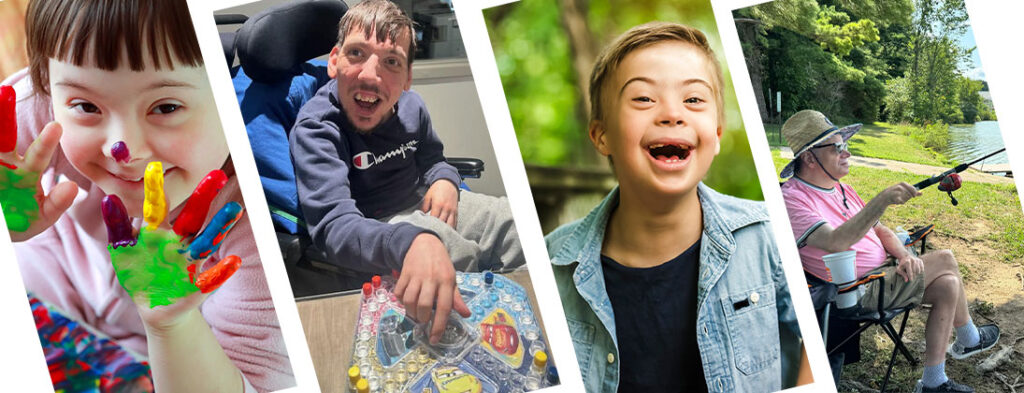Willingness to Learn
“We are not what we know, but what we are willing to learn.” Author Mary Catherine Bateson explains the idea that being teachable is an important virtue. Knowledge ceases when someone becomes closed-minded. Wisdom is taking knowledge and applying it to situations, for example, in interactions with those of different experiences. The World Health Organization states, “Disability is part of being human and is integral to the human experience” (2025, para. 1). Able-bodied people with good intentions minimize the experience of those with disabilities by overlooking subtle differences. Impairment, disability, and handicap are used interchangeably but have different meanings.
What is an Impairment?
An impairment is a loss or abnormality of mental or physical structure or function. (Emory University School of Medicine, para. 1). It is a problem with an organ or structure of the body, a malfunction or malformation. (The Institute of Human Services, para. 6). For example, a vision malfunction can result in a need for glasses. According to the CDC, roughly 12.2% of the U.S. population suffers from a mobility impairment, placing it ahead of visual, hearing, cognitive, and speech disorders. Arthritis, muscular dystrophy, and cerebral palsy are examples of conditions that result in mobility impairment.
What is a Disability?
A disability is a condition that makes it more difficult for the person to do certain activities and engage with their environment. Disabilities can affect an individual’s vision, movement, speech, hearing, mental health, and relationships. (CDC, para. 1). Functional limitations due to impairment result in disability. A loss of function in movement, for example, can make it more difficult for an individual to walk around their home. Approximately “1.3 billion people experience significant disability. This represents 16% of the world’s population, or 1 in 6 of us” (World Health Organization, para. 1).
What is a Handicap?
Handicaps are disadvantages that prevent an individual from fulfilling a typical role. Impairment, disability, and handicap are similar; however, “impairment refers to a problem with a structure or organ of the body; disability is a functional limitation about a particular activity; and handicap refers to a disadvantage in filling a role in life relative to a peer group.” (Emory University School of Medicine, para. 4). A handicap is not a trait but describes the relationship between an individual and their environment. Limitations in functionality result in an individual facing disadvantages in typical roles.
Echoing Hills Response
Echoing Hills is committed to revolutionizing the lives of those we serve by providing high-quality care. We believe that all people with intellectual and/or developmental disabilities can live purposeful lives with dignity and respect. Through our residential and recreational services, Echoing Hills assists people with disabilities to achieve their highest potential. We provide a loving and compassionate environment for individuals, families, and team members at Echoing Hills.
https://med.emory.edu/departments/pediatrics/divisions/neonatology/dpc/impairment-mx.html
https://www.cdc.gov/disability-and-health/about/index.html#:~:text=A%20disability%20is%20any%20condition,around%20them%20(participation%20restrictions).
https://www.continuetolearn.uiowa.edu/nas1/07c187/Module%201/module_1_p3.html
https://acc.edu.sg/en/impairment-disability-and-handicap-whats-the-difference/
https://www.who.int/news-room/fact-sheets/detail/disability-and-health
https://accessiblyapp.com/blog/most-common-disabilities-us/
https://ehvi.org/values/
https://www.xavier.edu/jesuitresource/online-resources/quote-archive1/knowledge-quotes


